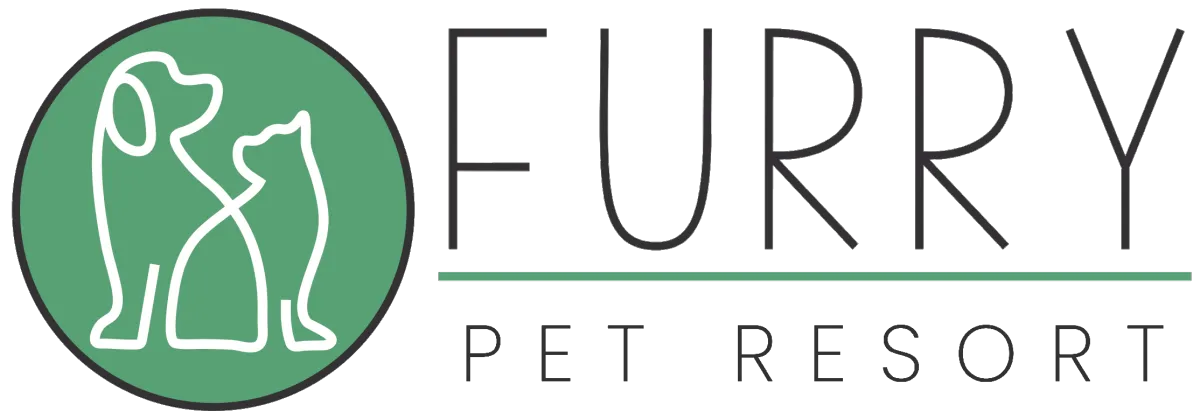
Boarding Your Dog in Las Vegas: How to Handle Allergies and Special Diets
Dog boarding in Las Vegas can be a convenient solution for pet owners needing to travel or spend time away from home. However, navigating the boarding process becomes more complex when your dog has allergies or requires a special diet. These considerations are crucial for ensuring your dog’s well-being and comfort during their stay. Let's dive into the essential information that will make the boarding experience smoother for you and your furry friend.
Understanding Allergies in Dogs
Food allergies typically arise from proteins in dog food, such as chicken, beef, or dairy. Environmental allergies can stem from pollen, dust mites, mold, and even certain fabrics. Recognizing the signs of allergies is essential for timely intervention. Common symptoms include itching, which often leads to excessive scratching or biting at the skin, and red, inflamed skin or hot spots. Digestive issues can manifest as vomiting or diarrhea as well.
To identify an allergic reaction, pay close attention to your dog's behavior. If you notice any unusual scratching, licking, or changes in appetite, act quickly. Keep a log of symptoms to share with your veterinarian, ensuring they have the necessary information to provide appropriate care.
Preparing for Boarding
Before your dog’s stay, communicate clearly with the boarding facility about your dog’s allergies and dietary requirements. Ask the facility about their experience handling dogs with allergies. Here are some specific questions to consider:
How do you manage dietary restrictions? Ensure they have protocols for accommodating special diets.
What measures do you take if a dog shows signs of an allergic reaction? This helps you understand their responsiveness to potential issues.
Are staff trained to recognize and address allergy symptoms? Knowledgeable staff can make all the difference in your dog’s care.
This dialogue will help you gauge the facility's capability to manage your dog’s needs effectively. In addition to verbal communication, providing a detailed care plan for your dog is beneficial. This plan should include:
Specific allergies and symptoms to watch for: Clearly list any known allergies and detail the symptoms that indicate an allergic reaction.
Special diet requirements and feeding schedule: Include specific food types, amounts, and feeding times. This ensures that the staff can adhere to your dog’s routine and dietary restrictions.
Emergency contact information and veterinary details: List your contact details, your veterinarian's name and phone number, and any other relevant emergency contacts. This ensures that the boarding facility can reach out if needed.
Having a thorough plan allows the boarding facility to provide personalized care, reducing stress for both you and your dog during the stay.
Choosing the Right Boarding Facility

Start by researching dog boarding facilities in Las Vegas. Consider key factors such as staff qualifications and experience. Look for facilities with trained staff who have experience handling dogs with allergies. Knowledgeable caregivers can recognize symptoms and take prompt action when necessary. Additionally, facility cleanliness and safety are vital for preventing environmental allergic reactions. Ensure that the facility adheres to high standards of hygiene and that dogs are housed in safe, secure spaces.
Before making a final decision, visit the facilities in person. During your visit, observe how staff members interact with the dogs. They should demonstrate patience and understanding, especially when caring for dogs with specific needs. Additionally, check how food is stored and prepared. Clean, organized spaces are crucial for preventing cross-contamination, which could trigger allergic reactions.
Managing Allergies and Diets During Boarding
One of the most effective ways to ensure your dog's dietary needs are met is to bring your own food. Providing your dog’s regular food helps prevent any potential allergic reactions from new ingredients. Many dogs can experience digestive upset when switching to unfamiliar food, even if they don’t have any allergies.
If it becomes necessary to transition your dog to new food, do so gradually. Start by mixing a small amount of the new food with their usual food, increasing the new food portion over several days. This gradual change helps minimize gastrointestinal upset and gives your dog time to adjust.
Ask the boarding facility for daily updates or reports on how your dog is doing. Many facilities provide this service, which can give you peace of mind while you're away. Keeping an open line of communication with the staff allows you to address any issues immediately. By actively engaging in your dog's care while they board, you help ensure a safe and comfortable experience tailored to their needs.
Post-Boarding Care: Checking for Allergies
Watch for symptoms like itching, redness, or swelling, particularly around the ears, paws, and face. Changes in appetite or unusual digestive issues, such as diarrhea or vomiting, can also indicate a reaction to food or environmental factors. If you notice any symptoms that cause concern, schedule a visit with your veterinarian. Early intervention can prevent more serious health issues and help identify the cause of the reaction.
Once your dog is settled back home, take time to reflect on the boarding experience. Consider whether the facility met your dog’s needs regarding allergies and diet. Make a note of what worked well and what could be improved for future stays. Keeping a log of your dog’s health and dietary requirements can be extremely helpful. This record allows you to provide clear instructions to boarding facilities in the future, ensuring your dog receives the best possible care tailored to their specific needs.
Wrapping Up
Successfully boarding your dog with allergies or special dietary needs requires thorough preparation and clear communication. Understanding common allergies and their signs helps you identify any potential issues. Preparing for boarding involves discussing your dog's specific needs with the facility and providing detailed care instructions. Choosing the right boarding facility ensures that your dog receives appropriate attention, especially when it comes to managing their diet. Lastly, monitoring your dog's health after boarding allows you to address any concerns promptly.
For those looking for a reliable boarding option in Las Vegas, consider Furry Pet Resorts. We specialize in accommodating dogs with special dietary needs and allergies, providing a safe and comfortable environment for your pet.

